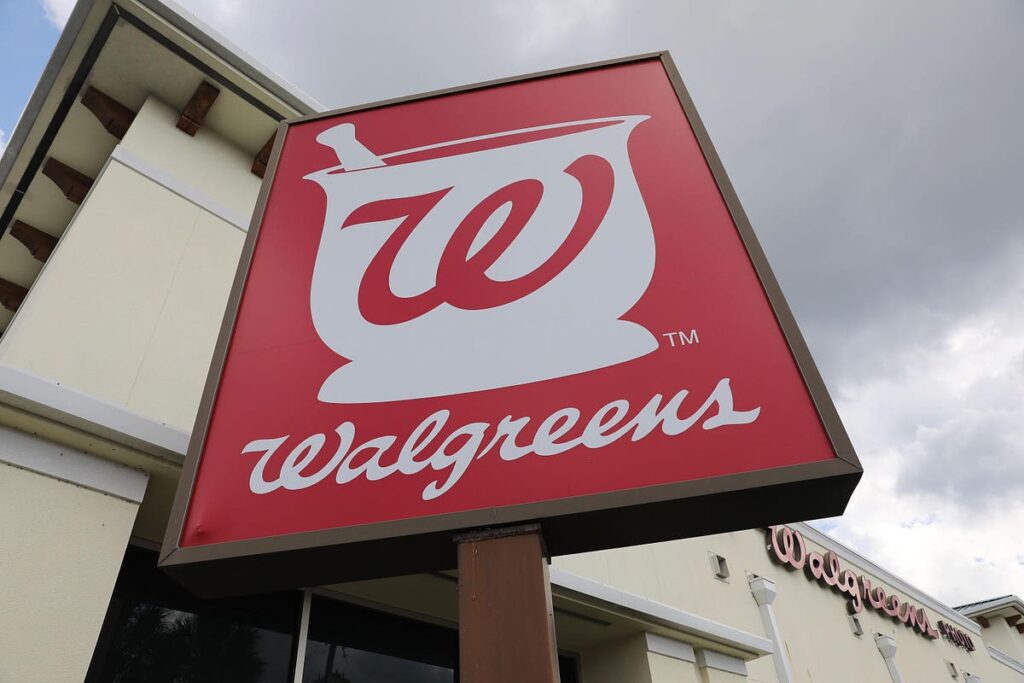Walgreens further expanded its clinical trials and research business, partnering with biotech … [+]
Walgreens further expanded its clinical trials business, partnering with the biotech company Freenome to “increase diversity in research focused on the early detection of cancer,” the companies said.
The partnership, announced Thursday, shows Walgreens commitment to recruiting patients and conducting clinical trials despite rival CVS Health’s decision confirmed last month to wind down its clinical trials by the end of next year.
CVS and Walgreens launched clinical trials in the last two years at a time the U.S. Food and Drug Administration was looking for ways to improve drug research and patient health outcomes by enrolling more Americans from underrepresented populations into U.S. clinical trials.
In Walgreens new multi-year partnership, the drugstore giant and Freenome said their “collaboration aligns” with President Biden’s “national cancer plan” and its goals of “detecting cancer early and eliminating inequities.” Freenome, which makes blood-based tests for the early detection of cancer, will take advantage of Walgreens “national footprint” of locations and operations that help with patient recruitment for research and related clinical trials.
“At Walgreens, our aim is to help every community we serve see clinical research as a viable care option,” said Ramita Tandon, chief clinical trials officer, Walgreens. “Through our nationwide presence and trusted pharmacists, we can reach and engage previously underserved patient populations for clinical trials. Supporting the identification of cancers when they are most treatable is one more way we are helping to improve health outcomes of our communities and patients while advancing research in oncology.”
Initially, Walgreens will recruit patients across diverse populations for Freenome’s “Sanderson Study,” which is designed to analyze “blood-based early detection tests for multiple cancers,” the companies said of the study of 8,000 participants.
“Freenome’s goal is to make early cancer screening more convenient for everyone, and our clinical research should reflect that availability and accessibility,” said Lance Baldo, chief medical officer, Freenome. “This collaboration is an important step in advancing early cancer detection.”


